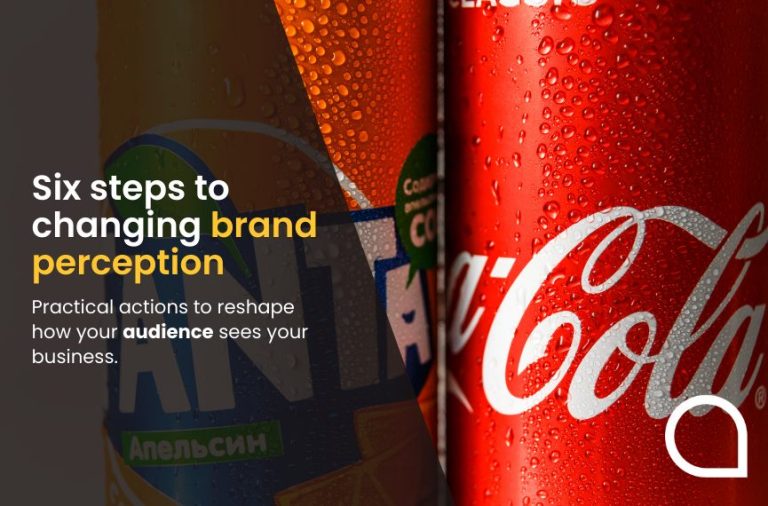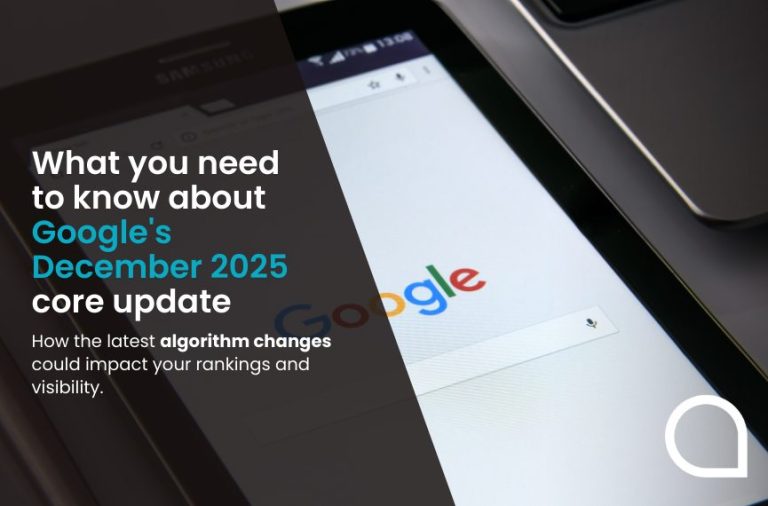If you’ve used Google search recently, chances are you’ve seen at least one of its AI-generated answers in the form of a short AI Overview.
Depending on the nature and complexity of the search query, these AI answers are presented as lists, tables, or simply short paragraphs, but how accurate are they?
Let’s find out.
Where does Google’s AI Overviews get its information from?
To produce its AI-generated answers, Google sources information from a huge selection of websites and the search engine’s Knowledge Graph (a vast database that includes structured information about real-world entities including people, places, and things).
Within these Google AI answers, information is often pulled from a range of websites and synthesised to create a clear and summarised answer to the search query.
To support users with their search journey, many AI Overviews now also provide clear citations to the original web pages that were utilised.

How does Google assess the accuracy of AI-generated answers?
When it comes to assessing the accuracy of Google AI answers, the search engine utilises automated algorithms as well as human evaluators and user feedback to determine where improvements should be made.
Google’s automated algorithms take into account content quality (as per the E-E-A-T guidelines), backlinks, and technical SEO elements, while human evaluators use Google’s Search Quality Raters Guidelines to determine the accuracy of the search engine’s AI answers.
According to a May 2024 update published by Google, the search engine designed its AI Overviews feature to optimise for accuracy.
As a result, it only shows information that’s supported by top web results, which helps to tackle the issue of AI Overviews ‘hallucinating’ information.
Google adds that its tests indicated that the accuracy rate for AI Overviews is actually on a par with the featured snippets tool, with inaccurate information being presented in just a “small number of cases” and quickly addressed with algorithm improvements.
Are there limitations to this approach?
Yes, there are limitations to the way that Google assesses the accuracy of its AI answers.
This is because, while these instances may be rare, the search engine asserts that inaccurate, misleading, and non-sensical answers are still appearing for some search queries.
Google adds that if there’s an issue with the accuracy of the response, this is often due to misinterpretation of the search query itself, misunderstanding of web language nuance (especially in terms of satirical user-generated content), or a lack of relevant, helpful information known as a “data void”.
However, to limit these instances, Google has implemented better detection mechanisms for nonsensical queries as well as additional triggering restrictions for some search queries.
It has also paid extra attention to feedback and external reports.
Stay ahead of the AI curve
At Aqueous Digital, we’re dedicated to keeping our customers competitive online by staying up to date with the latest developments in the SEO industry and implementing changes that make a real difference to their online visibility.
This includes optimising their websites and content, increasing their chances of appearing in Google’s AI Overviews.
If you’ve seen a distinct drop in traffic or online visibility since AI answers started to dominate the search landscape, we want to hear from you.
Ready to reach out? Fill in our online contact form to book your free, no-obligation consultation today.
You can also dial 0800 285 1424 or pop your enquiry into an email and send to hello@aqueous-digital.co.uk.





